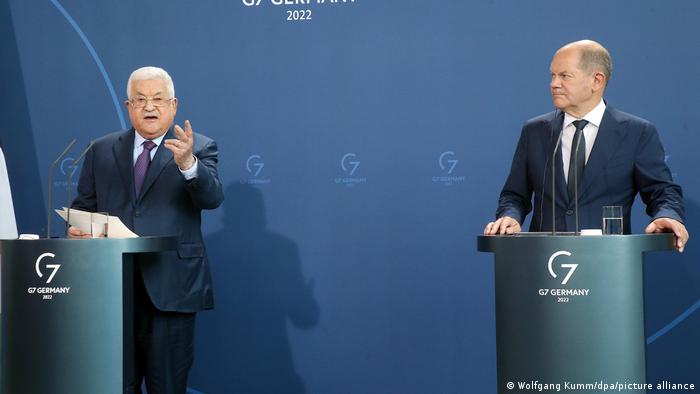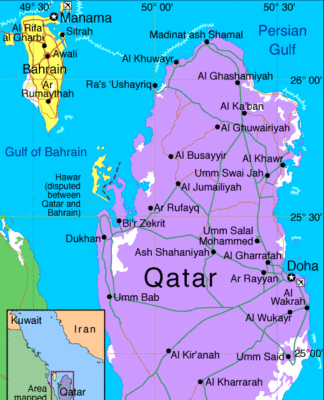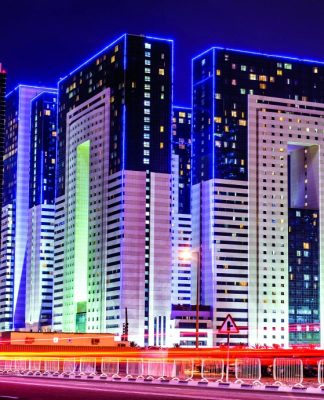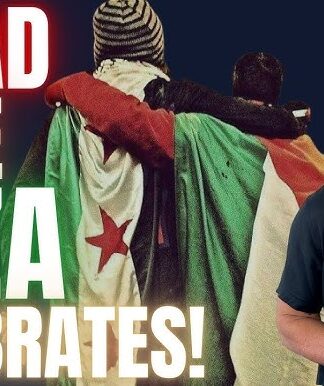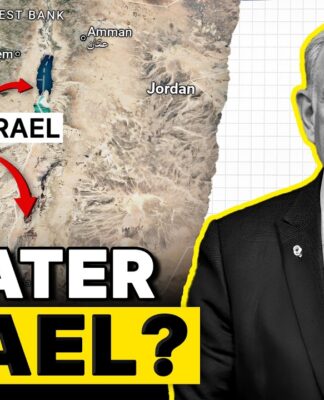Scholz reaction to Abbas’ Holocaust remarks draws criticism
The International Auschwitz Committee said it was “astonishing and disconcerting” that the German chancellor allowed the Palestinian leader’s “comments on the Holocaust to go unchallenged.”
Olaf Scholz and Mahmud Abbas in Berlin
The press conference ended without comment from Scholz (right) in the immediate aftermath of the Holocaust remarks- from Abbas (left)
German Chancellor Olaf Scholz on Wednesday expressed his disgust over remarks made by Palestinian President Mahmoud Abbas.
The German leader had come under fire for remaining silent rather than rejecting Abbas’ comments regarding “Holocausts” against Palestinians during a joint press conference Tuesday.
In the tweet one day after the press conference, Scholz said Abbas had diminished the singularity of the Holocaust, in which Nazi Germany murdered over 6 million Jews.
“For us Germans in particular, any relativization of the singularity of the Holocaust is intolerable and unacceptable,” Scholz tweeted on Wednesday. “I am disgusted by the outrageous remarks made by Palestinian President Mahmoud Abbas.”
During the press conference, Abbas accused Israel of committing “50 Holocausts” against Palestinians in response to a question about the upcoming 50th anniversary of the attack on the Israeli team at the Munich Olympics by Palestinian militants.
Scholz under fire for slow response
The chancellor’s response a day after the press conference came too late for many in Germany.
The International Auschwitz Committee (IAC) and the Central Council of Jews in Germany were among the groups that criticized Scholz.
The IAC said Abbas “used the political stage in Berlin in a targeted manner to defame Germany’s culture of remembrance and relations to the state of Israel.” The committee’s executive vice president, Christoph Heubner, added that he was astonished that “the German side was not prepared for Abbas’ provocation and allowed his comments on the Holocaust to go unchallenged.”
The Central Council of Jews in Germany also aired its criticism of Scholz, with its president, Josef Schuster, saying it was “scandalous” that the chancellor didn’t immediately respond to Abbas’ “relativization of the Holocaust.”
Scholz’s spokesperson Steffen Hebestreit declared the news conference over immediately after Abbas’ answer, which had been previously announced as the last question.
On Wednesday, Hebestreit said, “The chancellor regrets that he did not intervene a second time at the press conference yesterday afternoon and respond directly to the accusations.”
Berlin also summoned the head of the Palestinian diplomatic mission to Germany to protest Abbas’ Holocaust comparison.
“It is clear for us, the government and the chancellor, that the persecution and systematic murder of 6 million European Jews is an unparalleled crime against humanity,” Hebestreit said.
What did Abbas say?
With the 50th anniversary on the horizon, Abbas was asked at the news conference whether he would apologize for the Munich massacre where two athletes were killed and nine others were taken hostage.
The Palestinian president responded by saying: “From 1947 to the present day, Israel has committed 50 massacres in Palestinian villages and cities, in Deir Yassin, Tantura, Kafr Qasim and many others — 50 massacres, 50 Holocausts.”
Wide-spread criticism of Abbas
Condemnation over Abbas’ remarks came from the German ambassador to Israel and long-time spokesperson for former Chancellor Angela Merkel, Steffan Siebert, who said the Palestinian leader’s comments were “wrong and unacceptable.”
“Germany will never stand for any attempt to deny the singular dimension of the crimes of the Holocaust,” he wrote in English on Twitter.
The antisemitism commissioner of the German government, Felix Klein, told the Redaktionsnetzwerk Deutschland (RND) group of newspapers that Abbas’ “Holocaust relativization lacked any sensitivity.”
Margaritis Schinas, the European Commissioner responsible for fighting antisemitism wrote on Twitter that Abbas’ remark was “unacceptable.” Describing the Holocaust as “an indelible stain on European history,” Schinas said “Holocaust distortion is dangerous. It feeds antisemitism and has a corrosive effect on democracy.”
In response to the criticism, Abbas said in a statement that Nazi Germany’s Holocaust was “the most heinous crime in modern human history.”
jsi/sms (dpa, epd, AFP, Reuters, KNA, AP)
While you’re here: Every Tuesday, DW editors round up what is happening in German politics and society. You can sign up here for the weekly email newsletter Berlin Briefing.









